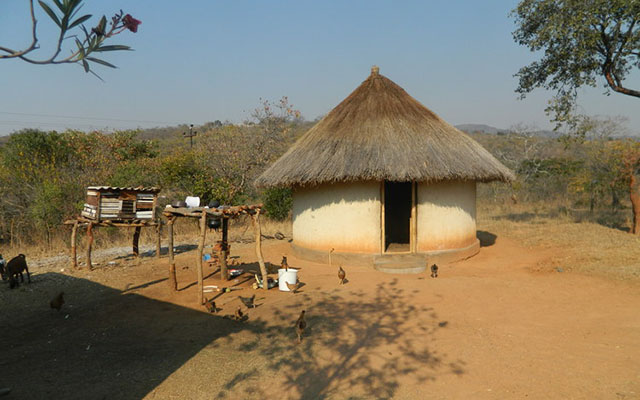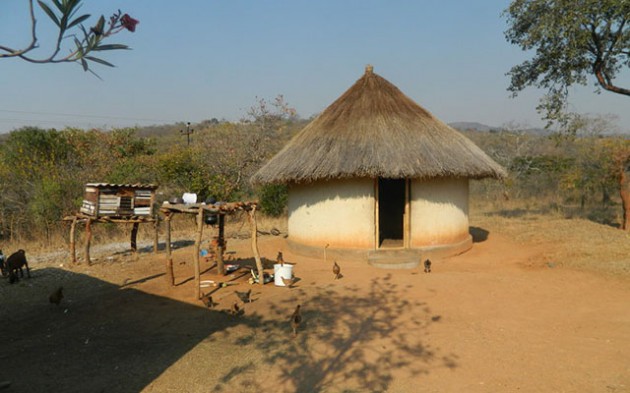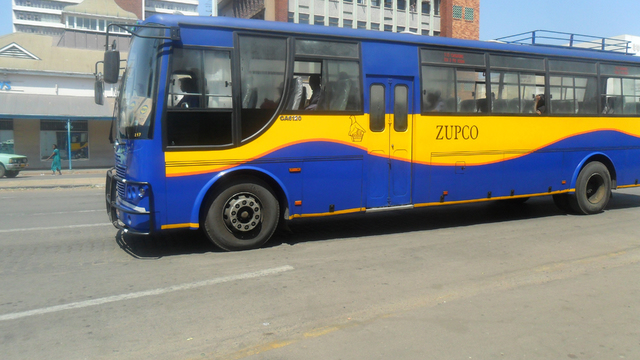Returning to the village for life skills


Perhaps it’s time we keep the villages as holiday houses and places to teach children about life in the past
Sekai Nzenza on Wednesday
On the way to the village last week, we took two 15-year-old girls and one 18-year old. They sat in the back seat of the car together, quietly watching the countryside.
My cousin Piri had insisted that we drag these girls for a village orientation.“Vanhu vepi vasingazive kwavakabva? (What kind of people are you that you should not know where you came from?)” she said.
She ordered them to pack their bags and to include sensible walking shoes since they were going to walk from one village homestead to the other as well as visit their grandparents and great grandparents’ graves.
These children are my brother Sidney’s grandchildren, daughters of his daughters. This means they are my nieces because they are the daughters of my nieces.Their parents live in Harare and the other one called Chido’s mother is well and truly settled in North Carolina.
In the car, the girls hardly spoke and you might have been mistaken to think that they were unhappy. But no. They were very much looking forward to the village trip.
Chido last went there when she was eight and the others had never been there before.At Independence, most of my nieces and nephews were infants or in first or second grades.
Naturally, they do not know anything about the liberation war except what they have read or have been told.When I was in the Diaspora, there were many more nephews and nieces born in the village.My older siblings, among them Sidney, Munyengero and Varaidzo had babies around the time of Independence.
Their children benefited from the new multiracial education system. Some of them, like my sister Varaidzo’s children, attended what used to be elite all European girls private schools.
They have since left Zimbabwe and are now in their mid-30’s living as professional women in the Diaspora.But some of my nephews and nieces have stayed and married here.Their children are now teenagers, born and brought up in an urban environment.“Unoyerei? (What is your totem)?” I asked this question of Chido.
She smiled and said nothing. I know her totem. She is my brother’s grandchild so we share the same totem. But I just wanted to test her knowledge. I asked the same question to the twin sisters who also smiled and said nothing.
“Mazidofo evanhu,” Piri said, meaning they were fools.
“Do not be so hard on them,” said Sidney with embarrassment.
“If you want to teach them anything, go easy on them.”
In Shona, Chido is my child, mwana wemuzukuru wangu. She calls me Maiguru, the older mother, or simply Mhamha. With some embarrassment, I can admit that there was hardly a relationship between my niece’s daughter and myself, until last Saturday when my cousin Piri and I took the three children of our nieces to the village.
Sidney called the journey a life skills orientation.
The following morning, we took the girls on a long tour of the old homestead ruins, where we used to live with Mbuya VaMandirowesa, back in the days when she taught us the skills of becoming future wives and mothers.
We visited my cousin Reuben’s old house and his wife’s kitchen hut.
A big anthill was still growing inside the hut.It had started right in the middle of the fireplace where Mai Tinashe, Reuben’s wife used to cook before she migrated to Australia 14 years ago.
Few years ago, our Tete Verina had been very angry about the state of disrepair in the village.
She said, “Nzanga bhwowa,” meaning village compounds are like mushrooms.One minute, they look so beautiful and fresh and the next minute they all collapse into rotten mushrooms full of worms and insects.
I recalled the sadness on Tete Verina’s face as she went past one abandoned or deserted house after the other. Empty and silent homes.
Inside some kitchen huts were painted clay pots, cooking utensils, bread bins, plates, cups, teapots, trays, spoons and wooden sticks.The dish cloths and doilies eaten away by termites were scattered everywhere.
Further down, past the old compound ruins were some unfinished brick houses belonging to cousins who went away to South Africa, Canada, Australia or the UK.
They did not come back to finish building them.
Some of us who were born and brought up in the village continue to return to our rural homes.
But many of us only return here to bury the dead or to participate in traditional ancestral ceremonies, then we return to the city or fly back to the Diaspora. And for many others, when both parents pass on, they do not go back to the rural home.
The village is nothing but a memory. To our children, these closed doors of deserted and abandoned homes hide stories, proverbs, riddles, dances and life skills.
The Government is encouraging young people to learn new skills, to work hard and achieve sustainable empowerment so that they can look after themselves.
Similarly, donor agencies are promoting the same message. On its website, UNICEF says that life skills education is a “structured programme of needs-and outcomes-based participatory learning that aims to increase positive and adaptive behaviour by assisting individuals to develop and practise psycho-social skills that minimise risk factors and maximise protective factors.
“Life skills education programmes are theory and evidenced-based, learner-focused, delivered by competent facilitators and appropriately evaluated to ensure continuous improvement of documented results.”
In short, life skills are helping young people to manage with confidence the challenges encountered in every day life at school, at home and in their own personal lives. They learn to maintain a social, physical and mental balance in life. But to do this, they must understand who they are and where they came from.
“But, mhamha, you cannot expect us to suddenly say, we want to go to the village to learn. How do we get here by ourselves?” said Chido.
“Ask sekuru, how many times he has been coming here with you and Mhamha Piri. Has he ever invited us? No.”
“Bhudhi, you should be embarrassed that your own grandchildren do not even know how to make a fire in the village,” said Piri.Sidney mumbled something about not having a car of his own. Piri said it was not a good enough excuse.
As if to make up for all his lost time with the grandchildren, Sidney took the girls to the homestead cemetery and explained the family tree, beginning with our grandfather Dickson, who came to settle here with his four brothers, after they were moved from Charter Estates when the British wanted to make room for settler farmers.
Then he spoke at length, about our great grandmother, Nyandoro, (whose name was bestowed upon me), who died on the white man’s farm at Vhereventure or Fair Adventure in the 1960s.
She had gone to visit her daughter Sarah, who was cohabiting with a Malawian cook on the farm.Nyandoro fell ill and died there. She could not be brought back home because there was no transport.The girls were saddened to hear that we shall never know where Nyandoro is buried because there was never a proper cemetery on the farm.
“We should still try and look for it. We can do forensics,” said one of the twins. But Sidney said the farm has been resettled and it would be impossible to find the grave.
Besides, the farm may not have been Fair Adventure anyway. Maybe it was Bolton or Bhubhu or Hopley Farm.Over the years, we have forgotten to include the children in the journey back to where we spent our childhood and our youth.
We continue to gather back in the village for funerals and nothing else because some of us do not follow the traditional ceremonies of kurova guva and bira to honour the ancestors.
While we struggle to balance the past with the present, the children only see the present.
The children can speak about all the popular television shows, “Big Brother”, “Keeping Up with the Kardashians” and music videos but know very little about their past and their life skills are limited. And yet, there is so much more for them to learn apart from what the new curriculum presents to them.
We do not have to close the doors to the villages and kill the memories of our childhood. Perhaps it’s time we keep the villages as holiday houses and places to teach children about life in the past.
Let them return to the village and gain new life skills.We came from the village. Ndiko kwatakabva.
Dr Sekai Nzenza is a writer and cultural critic.







Comments